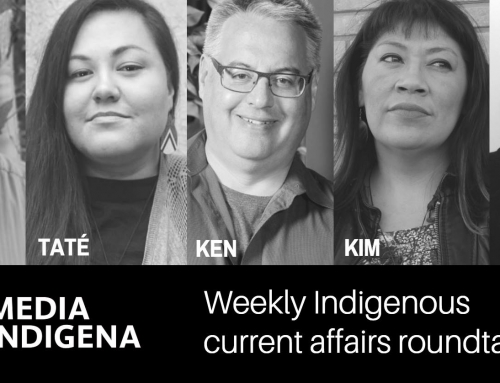In a guest editorial in Anthropology Today, UC Berkeley anthropologist Nancy Scheper-Hughes describes her experience and that of other faculty from across UC Berkeley who expressed concerns this past May when we first learned about the College of Letters & Sciences (L&S) 2010-11 “On the Same Page” (OTSP) program. Instead of the usual freshman experience centered around reading and discussing an important book (we all know how hard it is to get students to read . . .), the Deans in L&S plus Professor of Genetics Jasper Rine arranged to send DNA testing kits to 5500 incoming freshman for genetic markers related to ability to metabolize alcohol, lactose, and folic acid. The idea was that a more hands-on educational experience would gain more student involvement. I’ve tweeted every article I’ve come across on this topic so interested readers can review the archives of NDN_DNANotes for links to many articles in the press. As such, I won’t recap the program and the full array of critiques. Scheper-Hughes provides a quick overview in her editorial of concerned faculty’s collective worries: inadequate informed consent of less powerful subjects, i.e. of students studied by professors, unclear biological samples management practices, possible breaches of privacy, lack of sufficient genetic counseling to understand test outcomes, the ultimate medical uselessness of the tests, and more. I’ll add that a less than optimal educational experience and ill-informed consent was guaranteed when “ethics” discussions were added after scientific aspects of the program were designed and implemented.
I just want to note a couple of aspects of Sheper-Hughes’s editorial in sending readers its way: 1) she calls attention to the expedited review by Berkeley’s Committee for the Protection of Human Subjects (CPHS) of the DNA testing program while CPHS seems diligent in reviewing the field research of anthropology faculty and grad students to the point of delaying it; 2) Jasper Rine’s response to the editorial characterizes Sheper-Hughes’s response as inaccurate “opinions.” Funny, since she documents the informed critiques of expert ethics and science policy faculty from across campus. Professor Rine also notes that “the few critics of this programme declined repeated invitations to participate by contributing their views through lectures or through participation in panel discussions that were part of the programme.” Not quite right. Many of us did decline to participate in panels and a program that was already scripted according to premises with which we disagreed. However, others did take part in panels. I did a guest lecture for Dean Schlissel’s (a major proponent of the program) freshman seminar and engaged in lengthy email correspondences with him to suggest productive changes to the program (none of which seemed to be taken up). Scheper-Hughes taught a freshman seminar related to the program. Not going along with the prescribed script is in fact a much more engaged and productive form of involvement, one–it can be argued–that enhanced the educational quality of the project.
On a related note, James Clifford, Professor Emeritus of History of Consciousness at UC Santa Cruz, recently spoke at UC Berkeley about the state and role of the humanities in the university today. Clifford’s talk–while not addressing OTSP in any way–helps shed light on the difficult conversations we had around the Berkeley program. Clifford addresses the divide between the better funded and more powerful natural sciences and the humanities in the university. He explains that “real dialogue can only take place between equals. And we [the hard sciences and the social sciences/humanities] are not equals in the contemporary university. This is a fact and a growing trend, driven by material, political and economic forces. . .The so-called STEM Fields (Science/Technology/Engineering/Mathematics) enjoy an unprecedented hegemony in the University. Their epistemological and methodological opposition to the ‘liberal arts’ grows ever more extreme, and more intolerant.” With the interpretive, and not positivist turn in the humanities that Clifford describes–the turn towards explanations of phenomena and the world that are always contingent, partial, and located in specific standpoints–the different camps in the university have a difficult time conversing. We too in the humanities and social sciences do not always work hard enough to bridge conceptual divides. We can do better. But ironically, better understanding “hard” science disciplines and histories and the power they wield over and effect in the world is in fact what motivates many of the scholars who critiqued OTSP. We are alternately critical and very interested in technoscientific fields, but we were not a group that is science phobic. We were collectively bioethicists, science studies scholars, historians and anthropologists of science. Yet conversation did not work in the case of OTSP. We were simply not equals in terms of our power within the university. And the program proceeded with very little change. At least this is my well-informed “opinion.”

